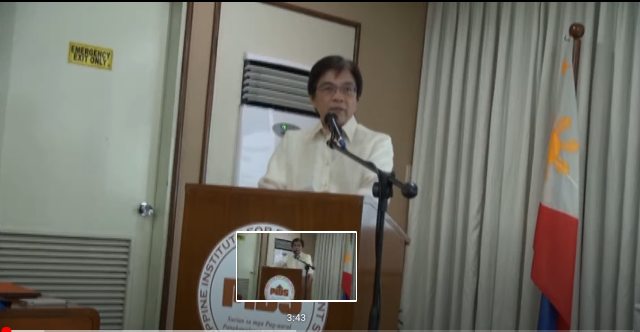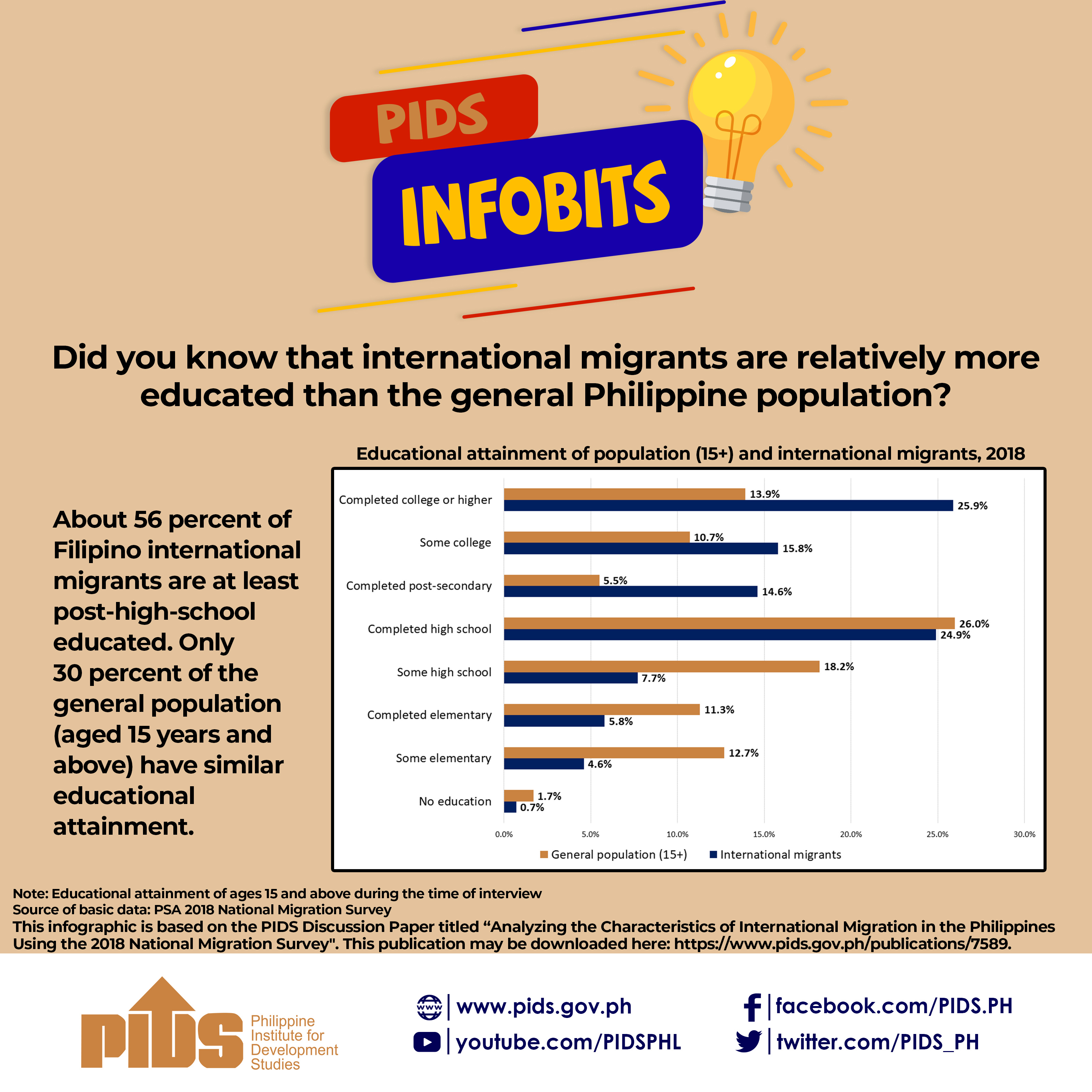Here’s the irony. Today, February 21, is the International Mother Language Day as proclaimed by UNESCO in 1999. However, 15 days ago, on February 6, the House of Representatives approved on final reading a bill that seeks to suspend the use of the mother tongue as the primary medium of instruction in early-grade education.
Mother-Tongue Based Multilingual Education (MTB-MLE) was first implemented by the Department of Education (DepEd) in 2012 specifically in Grades 1, 2, and 3. From the original 12 languages: Tagalog, Kapampangan, Pangasinense, Iloko, Bikol, Cebuano, Hiligaynon, Waray, Tausug, Maguindanaoan, Maranao and Chabacano, 7 more languages were added the year after namely: Ybanag, Ivatan, Sambal, Aklanon, Kinaray-a, Yakan, and Surigaonon.
Pupils in Grades 1 to 3 are taught in the language that they speak at home, thus improving the students’ understanding of lessons by quickly grasping the lessons being taught.
This would no longer be the case, however, once the MTB-MLE is fully scrapped in the four corners of the classroom. House Bill 6717 which aims to halt the use of the first language until Grade 3 was approved with 240 affirmative votes. The House saw the scarcity of learning materials in the mother tongue as an issue that DepEd must address first.
In a Senate hearing in 2022, DepEd revealed that only 78,872 of its targeted 305,099 educators have been trained for the use of the mother tongue as a medium of instruction. Meanwhile, the Philippine Institute of Development Studies also found in a study that less than 10% of over 16,000 schools it analyzed had fully complied with the main aspects of the MTB-MLE implementation, namely in orthography, grammar, learning resources, and dictionary.
The numbers are staggering, and the problem still lingers.
Studies show that students who receive instruction in their mother tongues become more successful second language learners. In the Philippines with over 180 documented languages, our country is truly ethnically and linguistically diverse.
In order to address these issues of poor literacy among young learners and compliance to MTB-MLE of DepEd, one thing is certain: the country needs a robust language policy in education that will serve the whole country.










